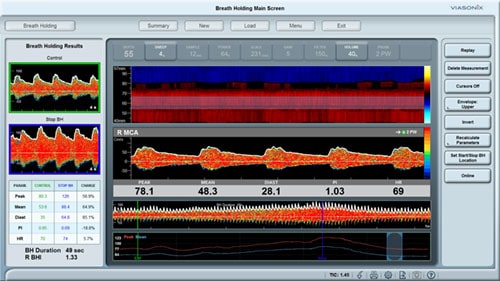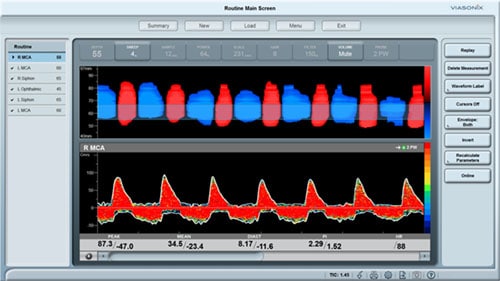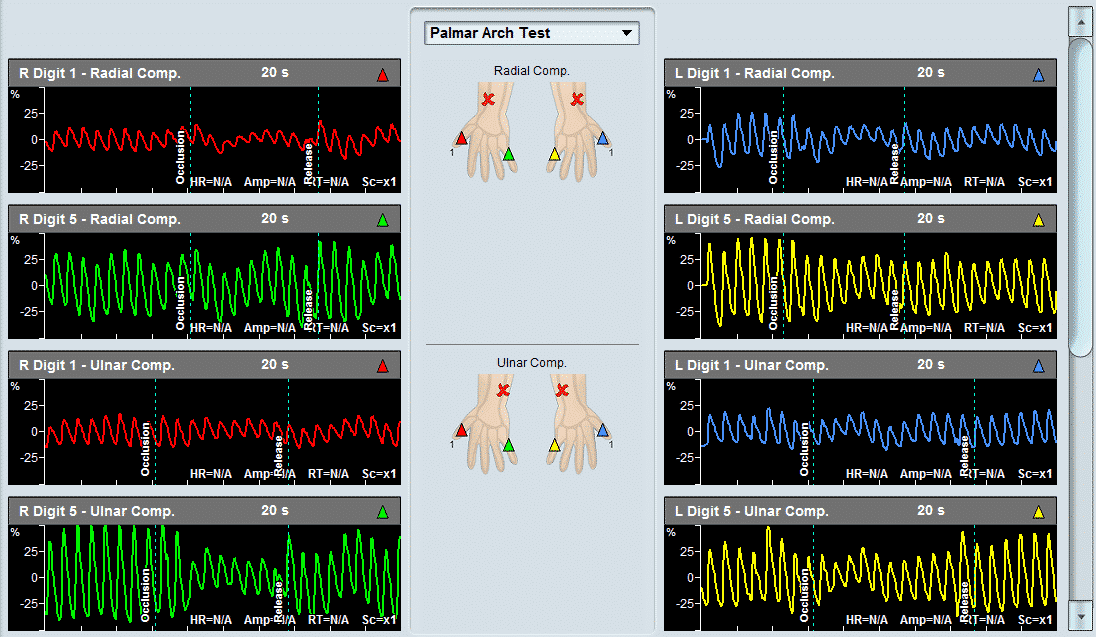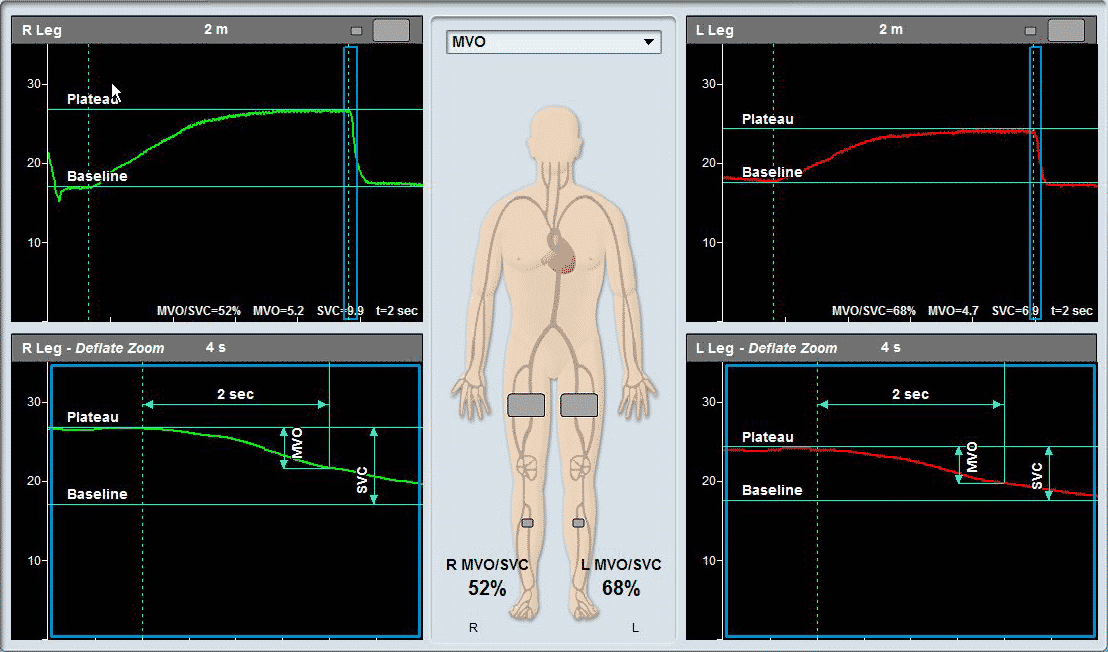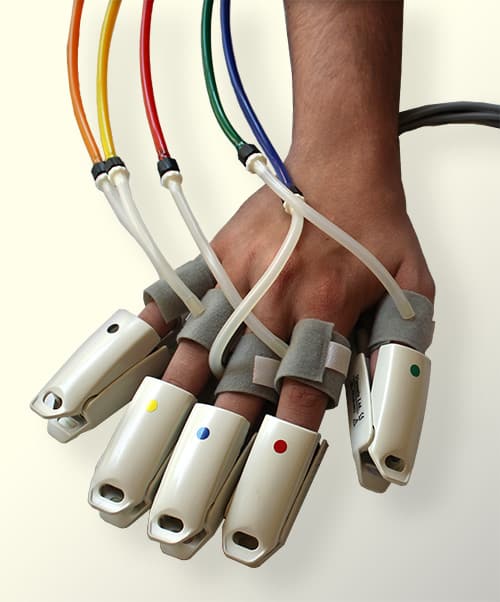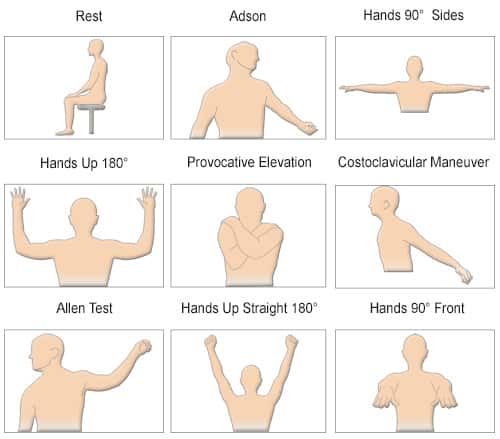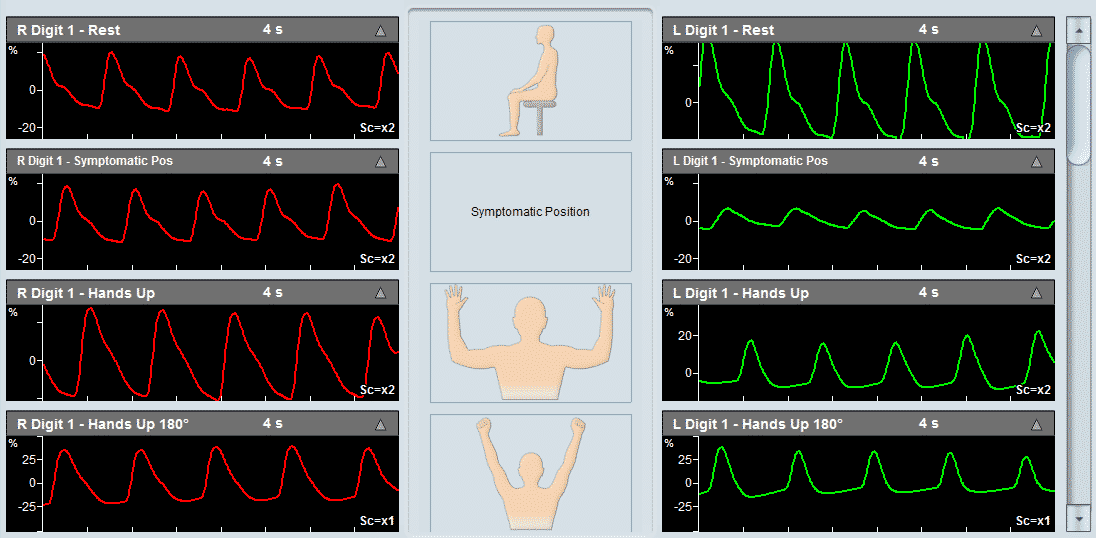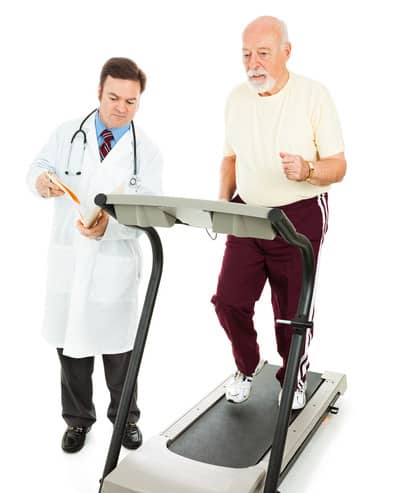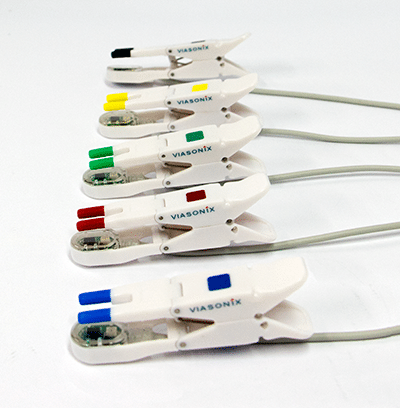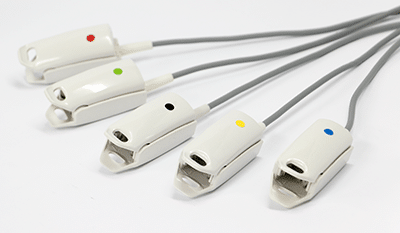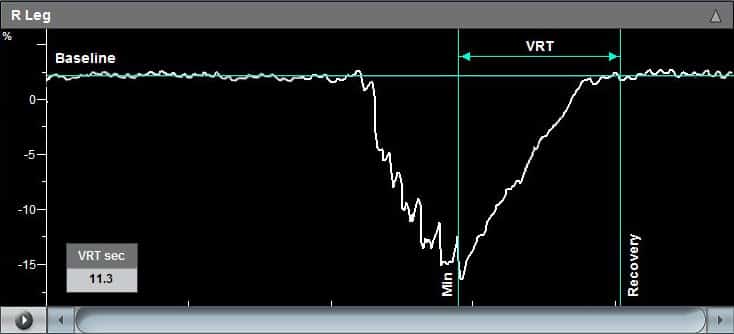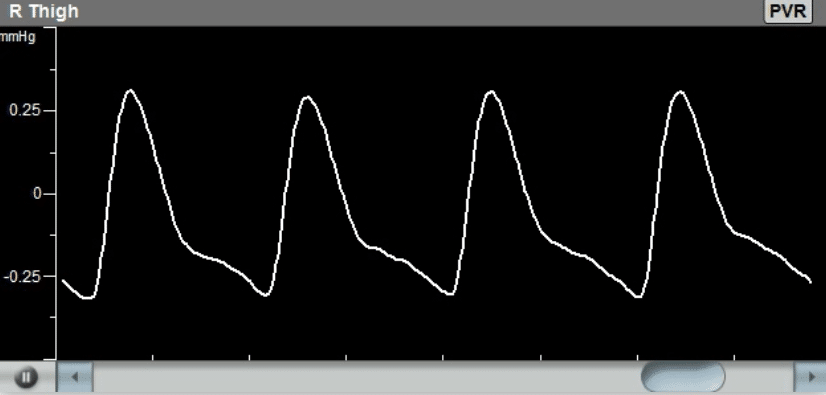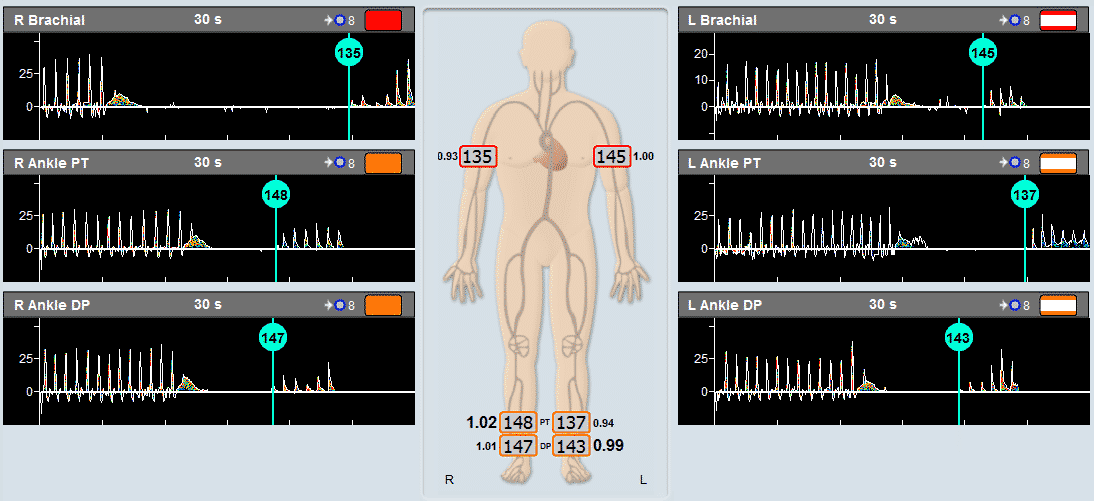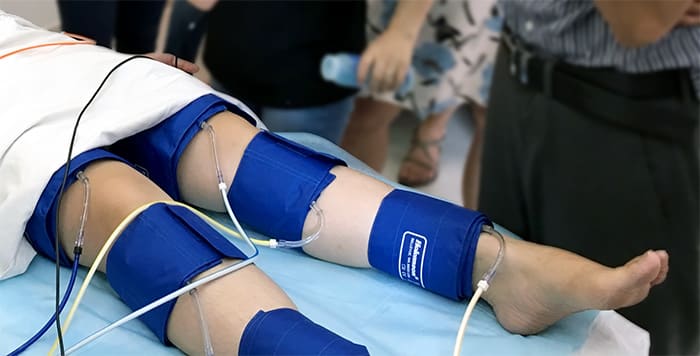Here are some general considerations to keep in mind when selecting a transcranial Doppler (TCD) equipment for your clinic:
- Type of TCD equipment: There are several types of TCD equipment available, including handheld devices, portable units, and console-based systems. Consider which type of equipment is most appropriate for your clinic’s needs in terms of patient volume, portability, and space limitations.
- Frequency range: Different TCD machines offer different frequency ranges for detecting blood flow velocity in the brain. The higher the frequency range, the more sensitive the machine is to detecting blood flow. Consider the frequency range that is most appropriate for your clinic’s needs based on the patient population you serve.
- Probe selection: TCD probes come in various shapes and sizes and are designed for different clinical applications. Consider which types of probes are necessary for your clinic’s needs based on the clinical indications for which you plan to use the equipment.
- Technology Advancements: ensure your potential TCD unit has the ability to use a robotic headgear to assist the user in quickly and automatically insonating and monitoring cerebral blood flow.
- Software features: TCD equipment can have various software features, including real-time monitoring, automatic detection of emboli, and customizable exam protocols. Consider which software features are necessary for your clinic’s needs based on the clinical indications for which you plan to use the equipment.
- Ease of use: Consider the ease of use of the TCD equipment, including the user interface, controls, and user manual. Choose a machine that is user-friendly and has clear instructions.
- Training and technical support: Consider the availability of training and technical support for the TCD equipment, including on-site training, online resources, and technical support hotlines.
- Cost: TCD equipment can range in price from several thousand to tens of thousands of dollars. Consider the cost of the equipment and the potential return on investment for your clinic based on the clinical indications for which you plan to use the equipment.
Overall, it is important to carefully evaluate the specific needs of your clinic when selecting a TCD equipment to ensure that you choose a machine that meets your clinical and practical requirements. Should you require any additional advice, please reach out to us at MedTech Edge on info@medtechedge.com and we assist you with the right TCD product for your practice/department or research project.
